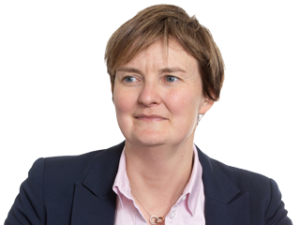After an exhausting few weeks (or was that months?) fuelled with speculation of numerous potential tax changes, it is perhaps apt that a Budget blooper saw the contents of the Budget posted online by the OBR, some 45 minutes before Rachel Reeves took to the floor of the House of Commons.
An increase in Income Tax rates, which would have broken a manifesto commitment, seemed to have been cemented in the Chancellor’s unusual pre-Budget speech on 4 November; but no such initiative was announced following improved economic forecasts. Instead, the government extended the freeze on Income Tax bands for a further three years to 2030/31. The freeze will also be extended to National Insurance, and let’s not forget that employers National Insurance saw a rate increase to 15% last April.
With a sluggish economy hampering the government’s desire to cut NHS waiting lists and ease the impact of the higher cost of living, there are a number of other announcements designed to bring in more tax revenue. The rules for salary sacrifice will be fundamentally changed going forward, in respect of pensions only; a ‘Mansion Tax’ will be introduced for properties valued at over £2 million, triggering additional annual council tax charges ranging from £2,500 – £7,500; and there will be a 2% increase in rates for dividends, property and saving income. As with all of these changes, the devil is in the detail.
There have been no further changes to pensions, meaning that the 25% lump sum and higher and additional rate tax relief remain intact and the mooted National Insurance changes to LLPs have not been brought in.
So – the unprecedented leak aside – this Budget is likely to be remembered for a raft of stealthy measures, in particular the freezing of multiple tax bands, which allow the government to claim it has not breached its manifesto promises. This is not a new tactic but it is a successful way to raise tax. Whether it will raise the colossal sums needed remains to be seen.








